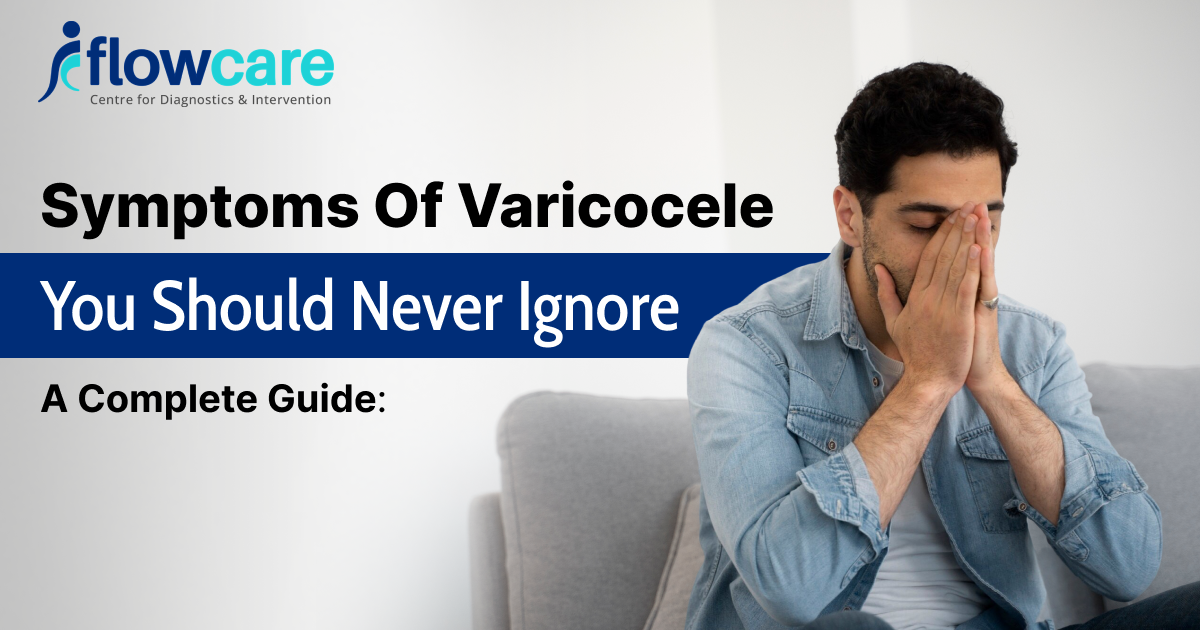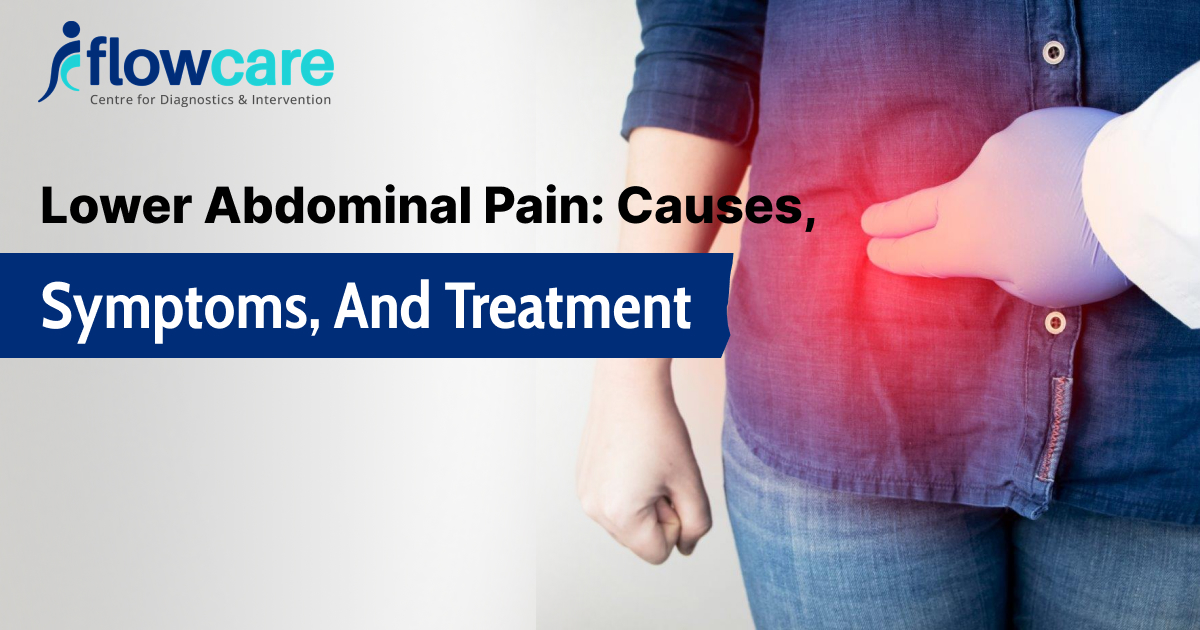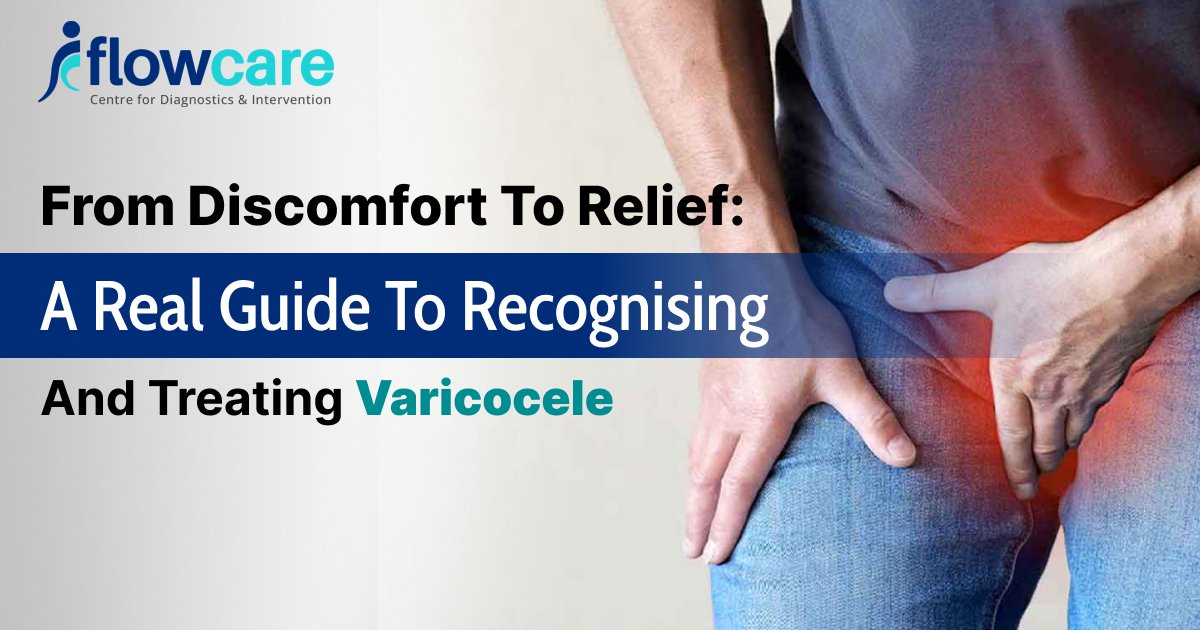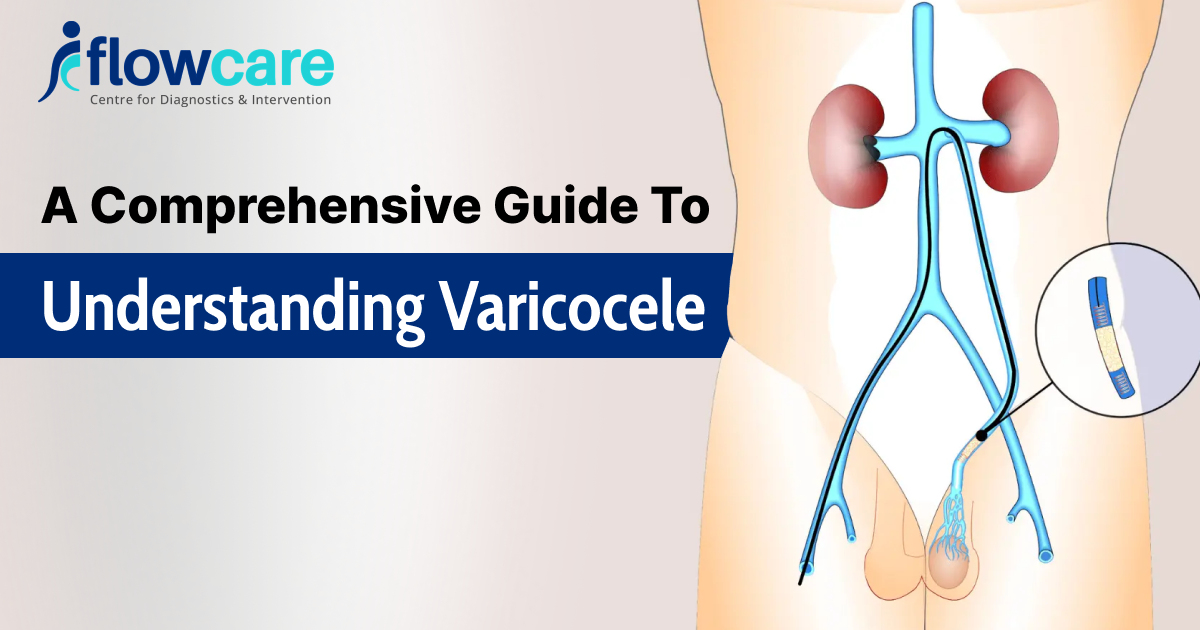
Symptoms of Varicocele You Should Never Ignore: A Complete Guide
You might be experiencing varicocele symptoms right now, even without realizing it. Varicocele is a fairly common condition affecting 15-20% (1) of men during or after puberty.
That occasional scrotal discomfort? The strange heaviness? A slight difference in testicle size? These could all be subtle signs of a condition that affects men.
Varicoceles affect up to 40% of men dealing with infertility, making them one of the leading reversible causes of male fertility issues.
Despite the condition being very common, many men go undiagnosed simply because they’re unaware or tend to ignore it.
Read the article further, where we break down the key symptoms of varicocele you shouldn’t ignore, why they happen, and when to seek medical help.
What is a Varicocele?
A varicocele is an enlargement of the veins within the scrotum, similar to varicose veins seen in the legs.
The scrotum holds the testicles and a network of blood vessels known as the pampiniform plexus.
This network plays a vital role in maintaining the testicular temperature of the blood before it reaches the testicles, ensuring optimal sperm production.
A varicocele occurs when the valves within these veins fail, causing blood to pool and the veins to enlarge.
This results in a swollen, twisted appearance of veins, most commonly on the left side due to anatomical differences in vein drainage.
Symptoms of Varicocele that Shouldn’t be Ignored
The symptoms can occur in any of the following categories:
- Physical appearance of your scrotum
- Pain in the groin or scrotum
- Systemic problems such as infertility
The symptoms include:
- Visible or Palpable Lump in the Scrotum
One of the first noticeable signs of varicocele is a lump or swelling in the scrotum.
The patient often describes it as a feeling of a bag of worms, a cluster of enlarged & tangled veins.
It may be more noticeable while or after long-standing hours, physical activity, or hot weather. The discomfort may reduce or disappear when lying down.
Though the condition is painless in many cases, doctors should always evaluate any new mass in the scrotum to rule out other serious conditions like testicular tumors.
- Dull, Aching Pain or Discomfort
Early stages of varicoceles might not cause pain, but when they progress, they typically cause a dull or throbbing ache that worsens with:
- Long-standing hours
- Physical exertion, like heavy weight lifting
- Warm weather
This pain is caused by the increased pressure and blood pooling in the affected veins.
Consult a healthcare professional if you experience prolonged discomfort that interferes with your daily activities.
- Testicular Atrophy (Shrinking of the Testicles)
Reduction in the size of the affected testicle, i.e., testicular atrophy, is one of the most commonly seen symptoms of varicocele.
This happens due to damage to the delicate tissue inside the testicle and impairs sperm production, leading to infertility in men.
If you notice one testicle is smaller than the other, it should never be ignored. Early intervention can often prevent further damage.
- Infertility or Low Sperm Quality
Many men accidentally discover varicocele after undergoing a fertility evaluation. Studies show that varicoceles are common in up to 40% of men dealing with infertility.
The infertility caused by varicocele is completely reversible if proper treatment is received at the right time.
- Varicocele During Hot Weather
It is to be understood that hot weather does not cause varicocele, but can worsen the symptoms. Warm weather enlarges the blood vessels, causing the blood to pool.
Resulting in more swelling, discomfort, and heaviness. Further, it also disrupts the cool temperature required to maintain the viability of sperm, leading to infertility.
That’s why many men with varicocele feel more discomfort during summer or after prolonged exposure to heat.
When Should You See a Doctor?
You should see a doctor when and if:
- Persistent and increasing scrotal pain
- A visible or palpable lump
- Testicular shrinking
- Fertility issues
- Sensation of heaviness or fullness in the scrotum
The first step of evaluation involves a physical examination. An ultrasound measures the vein size and blood flow to confirm the diagnosis.
What are the Treatment Options Available for Varicocele?
Not all varicoceles require treatment. Lifestyle changes, pain relievers, and supportive garments can manage some cases.
Further, the procedures can be divide into surgical and minimally invasive treatment techniques.
Surgical Approach
- Varicocelectomy:
This surgical procedure involves making an incision in the pubic area to access the damaged or dilated vein and remove it.
It is of the following types:
- Microsurgical varicocelectomy involves using a microscope to remove or ligate the damaged dilated vein. This leads to a low recurrence rate and improved outcomes.
- Laparoscopic varicocelectomy: This minimally invasive approach uses a laparoscope and small incisions to perform the procedure.
Minimally Invasive Procedure
- Percutaneous varicocele embolization
This minimally invasive procedure involves inserting a catheter into the vein through the pubic area and guiding it to the affected area.
Embolic agents, such as coils or sclerosing agents, then obstruct the blood circulation in the enlarged veins, causing the vein to shrink.
Doctors may carry out the procedure on an outpatient basis, and patients who are reluctant to undergo surgery or have already undergone surgical procedures may prefer it.
Conclusion
Varicocele is a common condition that affects up to 20% of men and linked to 40% of male infertility cases.
Symptoms such as dull ache, heaviness, visible lumps, or testicular shrinking shouldn’t be ignore. Factors like hot weather and physical exertion can worsen the discomfort.
Varicocele is treatable, with options ranging from lifestyle changes and supportive garments to surgical repair or minimally invasive procedures like embolization.
Early diagnosis is key to preventing long-term complications and preserving fertility. If you’re experiencing any of these symptoms, don’t delay a consultation with your doctor.
FAQs
What should you avoid while suffering from varicocele?
Reduce the amount of junk food, alcohol, caffeinated drinks, and other energy drinks, as these food items can cause more discomfort.
Besides heavy weight lifting, you should avoid long-standing hours.
Can you leave varicocele untreated?
Mild cases may not require surgical treatment and can be treated with lifestyle changes. But if you have a higher grade of varicocele, leaving it untreated might damage your testicles.
What are the grades of varicocele?
The following are the grades of varicocele:
- Grade 0 (Subclinical): Not palpable, can only be determined through ultrasound
- Grade 1 (Mild): Varicocele not visible but can be felt during the Valsalva maneuver (straining or bearing down).
- Grade 2 (Moderate): Varicocele is not visible but can be detected without the Valsalva maneuver.
- Grade 3 (Severe): Varicocele is visible physically and can be located easily.
How do you check a varicocele at home?
To perform a varicocele check at home, one can run a testicular self-exam in warm water of a shower or when standing.
Evaluate the testicle, feeling for any lump or swelling above the testicle which may also feel like a bag of worms.
So should you find anything abnormal, seek medical care through proper diagnosis and treatment.
Can exercise improve varicocele?
Exercise may not directly cure varicocele, but mild walking, leg stretching, and swimming can improve circulation. Consult a doctor before starting these exercises.
Remember to indulge in only mild activities, as heavy activities may cause more complications.
Is cold water good for varicocele?
Yes, a cold water shower helps reduce varicocele symptoms. Avoid hot water showers or wearing tightly fitted garments.






